Service hotline
+86 0755-83044319
release time:2024-08-21Author source:SlkorBrowse:12194
In the world of electronics, each component serves a specific purpose and function. Today, we will examine the BZT52B4V3 Zener diode from a fresh perspective, exploring its unique value in electronic design through an interpretation of its core parameters.
The primary function of a Zener diode is to provide a stable voltage output in a circuit. The BZT52B4V3 diode is designed to maintain a stable voltage of 4.3V during reverse breakdown. This characteristic acts as a precise anchor, offering a reliable voltage reference for the circuit and ensuring the stable operation of the overall system.
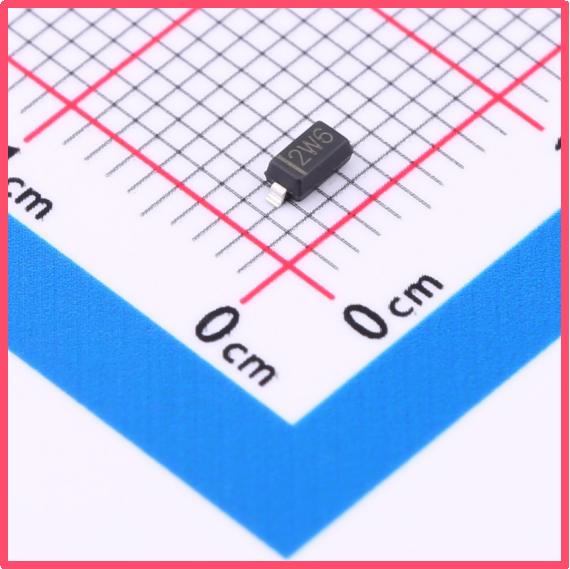
Slkor Voltage Regulator Diode BZT52B4V3 product photo
In addition to its nominal voltage, the BZT52B4V3 features a broad and stable regulation range of 4.21V to 4.39V. This range not only reflects the diode's adaptability under various operating conditions but also ensures that the circuit maintains a relatively constant voltage level in different environments, thereby guaranteeing reliable performance of electronic devices.
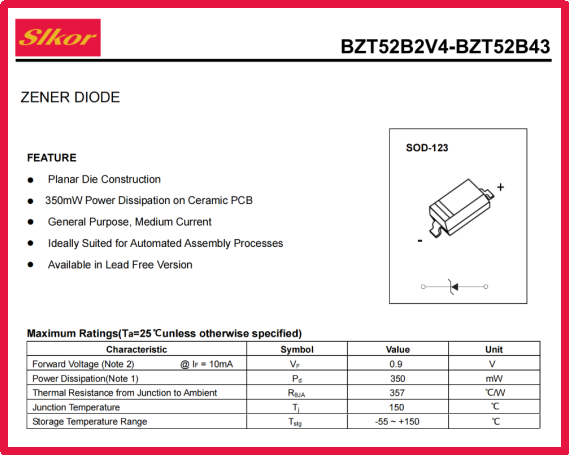
Slkor Voltage Regulator Diode BZT52B4V3 specification
Accuracy is a crucial metric in evaluating the performance of Zener diodes. The BZT52B4V3 demonstrates excellent performance with its ±5% accuracy, meeting the stringent demands for voltage stability in precision electronic equipment. This level of accuracy provides strong support for engineers designing high-precision circuits.
Power handling is critical for a Zener diode's sustained stable operation. The BZT52B4V3 is rated for 350mW, indicating its ability to operate continuously and stably within this power limit. This feature gives circuit designers greater flexibility, balancing performance with component durability and reliability.
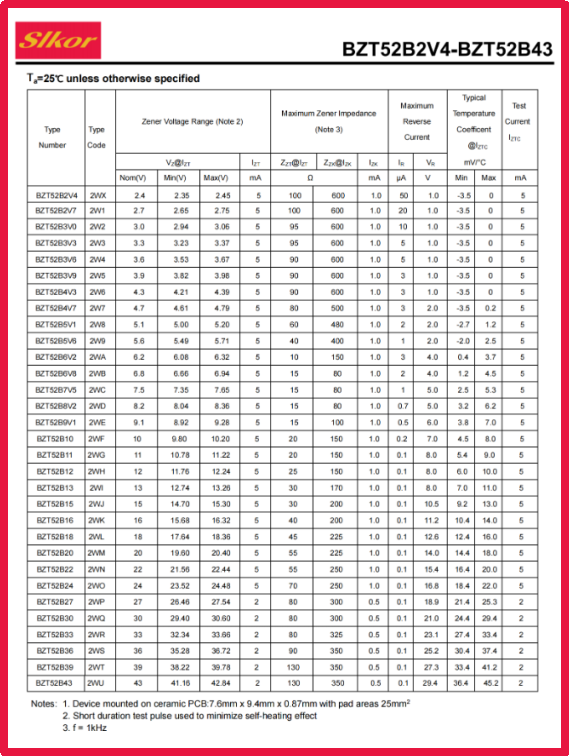
Parameters of Slkor Voltage Regulator Diode BZT52B4V3
Reverse current is another key performance indicator for Zener diodes. The BZT52B4V3 exhibits a minimal reverse current of just 3μA, reducing unnecessary power consumption and enhancing overall circuit efficiency. In an era focused on green technology and high efficiency, this feature adds significant competitive value to the BZT52B4V3.
With the rapid advancement of automotive electronics, electromagnetic compatibility (EMC) has become a critical design consideration. In complex automotive electronic systems, various components generate electromagnetic radiation and interference during operation, potentially affecting the system's performance. The Zener diode, as an integral part of automotive electronics, plays a significant role in EMC design.
The main function of a Zener diode is to provide stable voltage output, protecting the circuit from voltage fluctuations. In automotive electronics, its characteristics can positively impact EMC performance. Firstly, Zener diodes can absorb and suppress transient voltages and surge currents to some extent due to their reverse breakdown characteristics, reducing their impact on the system's EMC performance. Secondly, through careful layout and circuit design, Zener diodes can contribute to electromagnetic shielding, minimizing electromagnetic radiation and interference.
Transient Voltage Suppression: Automotive electronic systems can generate transient voltages and surge currents due to load changes and power fluctuations. These transient phenomena can damage components and produce electromagnetic radiation that affects EMC performance. Zener diodes can quickly conduct when transient voltages exceed their regulation value, clamping the voltage to a stable level, effectively suppressing transient voltages and surge currents, and reducing electromagnetic radiation.
Electromagnetic Shielding: Effective electromagnetic shielding is a crucial method for reducing radiation and interference. Although Zener diodes are not directly used as shielding materials, their layout and circuit design can complement other shielding measures to form a more effective shielding system. For example, placing Zener diodes near critical signal lines and using their metal packaging as part of the electromagnetic shielding can reduce electromagnetic interference on signal lines.
Enhancing Circuit Stability: A stable voltage output is fundamental for the proper functioning of automotive electronic systems. By providing a stable voltage source, Zener diodes help reduce circuit instability caused by voltage fluctuations. This stability not only benefits the operation of the circuit itself but also helps lower electromagnetic radiation and interference resulting from circuit instability.
Component Selection: When selecting a Zener diode for automotive electronic systems, it's essential to consider its voltage regulation, power, accuracy, and physical characteristics such as operating temperature range and packaging. Ensuring that the chosen Zener diode meets the system's requirements for voltage stability and EMC performance is crucial.
Layout and Routing: Proper layout and routing are key to minimizing electromagnetic radiation and interference. During design, attention should be given to the placement of the Zener diode and its spacing and routing relative to other components. Avoid placing Zener diodes near electromagnetic radiation sources or dense signal lines to minimize their impact on the system's EMC performance.
Grounding and Shielding: Effective grounding and shielding are vital for reducing electromagnetic radiation and interference. Ensuring proper grounding for the Zener diode and maintaining appropriate connections with other grounding systems is essential. Additionally, using metal shielding enclosures and other shielding measures can help reduce the electromagnetic radiation levels of the Zener diode and its surrounding circuitry.
Slkor has research and development offices in Busan, South Korea, Beijing, China, and Suzhou, China. Most of the wafer manufacturing and packaging and testing are carried out within China. The company employs and collaborates with individuals and organizations worldwide, with a laboratory for product performance and reliability testing and a central warehouse located at its headquarters in Shenzhen. Slkor has filed for over a hundred invention patents, offers more than 2,000 product models, and serves over ten thousand customers globally. Its products are exported to countries and regions including Europe, the Americas, Southeast Asia, and the Middle East, making it one of the rapidly growing semiconductor companies in recent years. With well-established management systems and streamlined workflows, Slkor has rapidly enhanced the brand awareness and reputation of its "SLKOR" brand through its outstanding quality and standardized services. Its product range includes three major series: diodes, transistors, and power devices, with recent introductions of new products such as Hall elements and analog devices, expanding its presence in sensors, Risc-v microcontrollers, and other product categories.
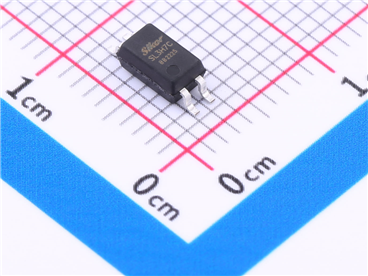
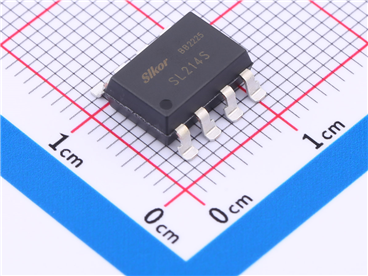
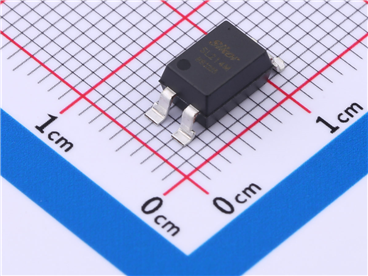
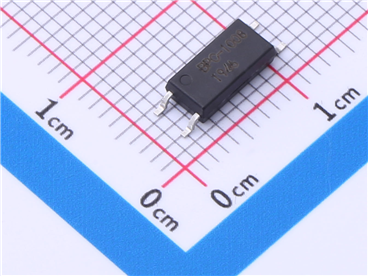
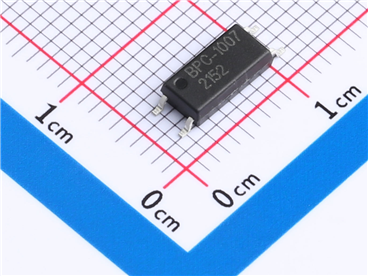


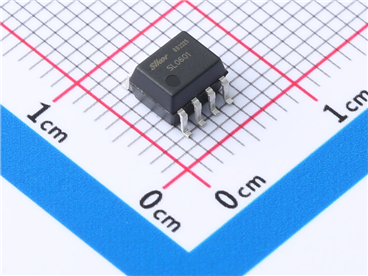

Site Map | 萨科微 | 金航标 | Slkor | Kinghelm
RU | FR | DE | IT | ES | PT | JA | KO | AR | TR | TH | MS | VI | MG | FA | ZH-TW | HR | BG | SD| GD | SN | SM | PS | LB | KY | KU | HAW | CO | AM | UZ | TG | SU | ST | ML | KK | NY | ZU | YO | TE | TA | SO| PA| NE | MN | MI | LA | LO | KM | KN
| JW | IG | HMN | HA | EO | CEB | BS | BN | UR | HT | KA | EU | AZ | HY | YI |MK | IS | BE | CY | GA | SW | SV | AF | FA | TR | TH | MT | HU | GL | ET | NL | DA | CS | FI | EL | HI | NO | PL | RO | CA | TL | IW | LV | ID | LT | SR | SQ | SL | UK
Copyright ©2015-2025 Shenzhen Slkor Micro Semicon Co., Ltd